
CITES SC74 Agenda Item 39 - Closing Of Domestic Ivory Markets
11 Mar 2022
74th Meeting Of The Standing Committee Of The Convention On International Trade In Endangered Species Of Wild Fauna And Flora Agenda Item 39 – Closing Of Domestic Ivory Markets
The 74th standing committee is ongoing in Lyon, France from the 7th to the 11th of March 2022. The Standing Committee is an arm of the Convention of International Trade in Endangered Species Flora and Fauna (CITES) that provides policy guidance to the Secretariat concerning the implementation of the Convention and oversees the management of the Secretariat's budget. Beyond these key roles, it coordinates and oversees, where required, the work of other committees and working groups; carries out tasks given to it by the Conference of the Parties (CoP); and drafts resolutions for consideration by the Conference of the Parties.
One of the documents under discussion is Agenda Item 39 on closing of domestic ivory markets. A decision was made at the 18th meeting (CoP18, Geneva 2019) as below:
At its 18th meeting (CoP18, Geneva 2019), the Conference of Parties adopted Decisions 18.117 to 18.119 on Closure of domestic ivory markets as follows:
18.117 Directed at Parties
Parties that have not closed their domestic markets for commercial trade in raw and worked ivory are requested to report to the Secretariat for consideration by the Standing Committee at its 73rd and 74th meetings on what measures they are taking to ensure that their domestic ivory markets are not contributing to poaching or illegal trade.
18.118 Directed at the Secretariat
The Secretariat shall compile the reports and make them available to Parties in advance of the Standing Committee meetings.
18.119 Directed to the Standing Committee
The Standing Committee shall: a) consider the reports under Decision 18.118; and b) report on this matter and make recommendations, as appropriate and consistent with the scope and mandate of the Convention, to the 19th meeting of Conference of the Parties.
Analysis
There are several countries in the world with ivory stockpiles from legal sources. However, no financial benefit is being realized internationally due to CITES bans, thus there are domestic markets were registered locals can buy, process and value-add for the local market and internal visitors While CITES, Committee members, Observer parties, and NGOS are pushing for the closure of the domestic market, I believe the domestic ivory market has a role to play in conserving elephants in the wild because;
- The prohibition of official and open trade fuels poaching, illegal trade, and corruption;
- Countries with a domestic ivory trade market have a strong policy and monitoring system to ensure compliance at all levels;
- Sustainable use advocates support the UN Sustainable Development Goal 15, thus communities derive a value and incentive from living with wildlife;
- Domestic ivory markets sustain livelihoods. Several people are employed as carvers, marketers and as security in the sector; and
- Countries that have a domestic ivory market have a cost for securing the stockpile thus there is need to derive a value to keep the elephants in the wild.
While the CITES mandate is to control trade in endangered species, there is need to strike a balance to ensure that there is harmony between indigenous people and communities to allow for co-existence. Some governments conserve wildlife without receiving funds from national fiscus; thus, there is need to derive value for wildlife and wildlife products to fund wildlife conservation.
By Roseline Mandisodza-Chikerema, Wildlife Ecologist, Zimbabwe Parks and Wildlife Management Authority and AWEI Research Fellow (forthcoming)
Authors
No authors to show
We support the free flow of information. Please share:
More content
-
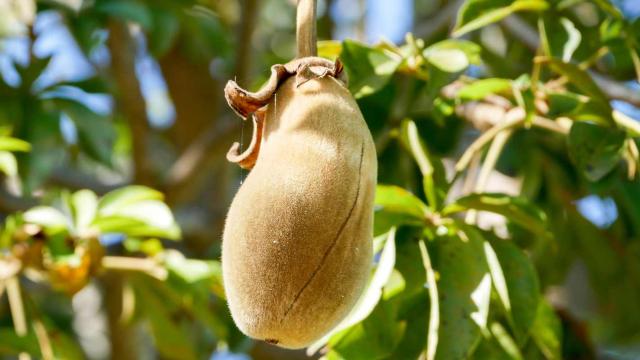
-
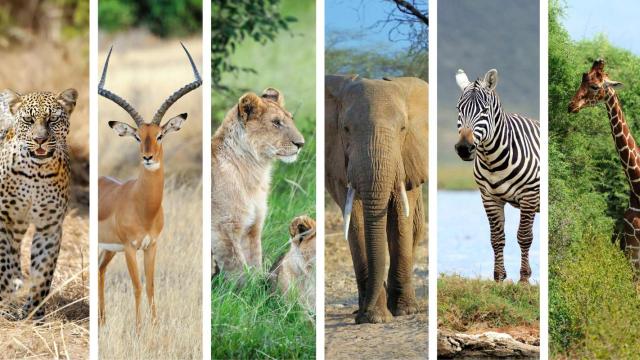
Ensuring the use of wild species benefits people
Dr Francis Vorhies…arrow_forward -

-
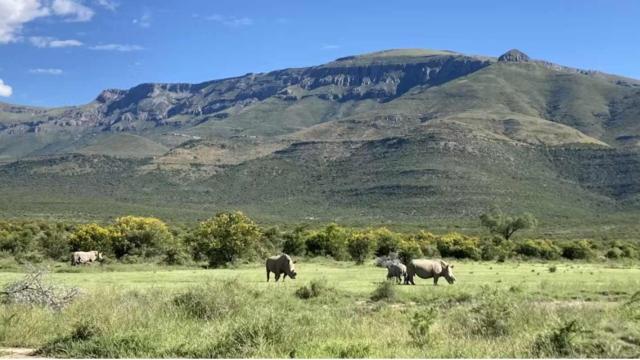
South Africa’s conservation model: why expanding the use of biodiversity to generate money is a good idea
Dr Hayley Clements…arrow_forward -
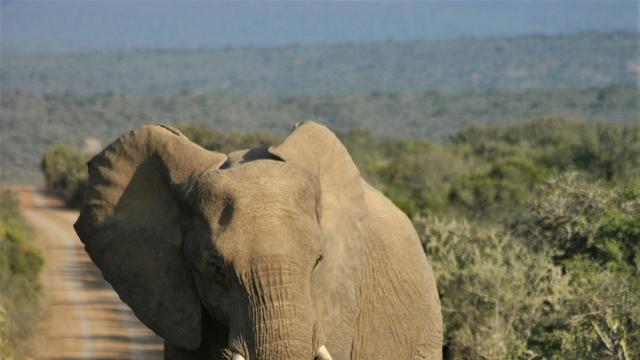
Natural capital as a potential tool for resolving human-wildlife conflict
Dr Michael Musgravearrow_forward -
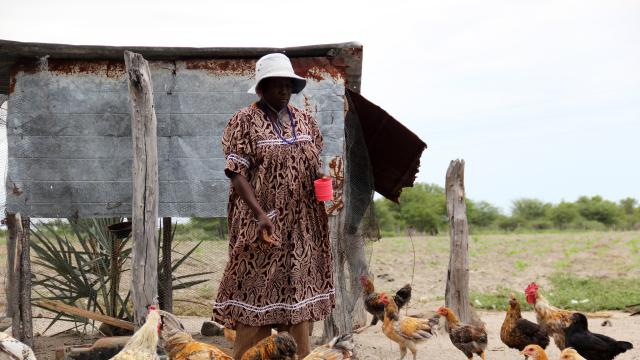
You are what your chicken eats
Dr Wiseman Ndlovuarrow_forward -
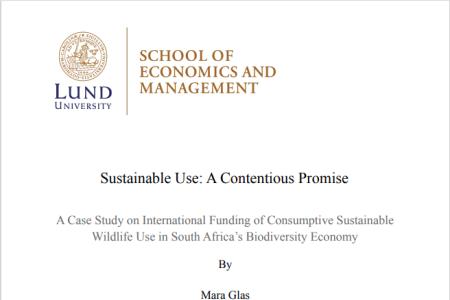
-
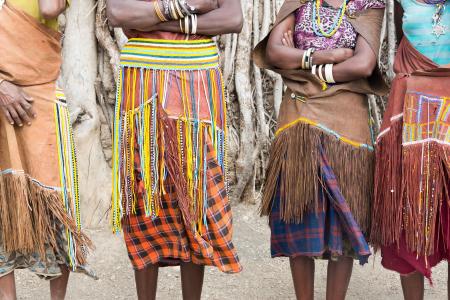
-
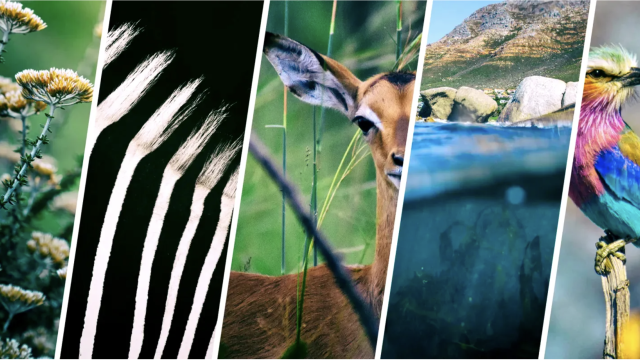
Wildlife economies have power to extend Africa’s biodiversity conservation and help curb climate change
Dr Hayley Clements…arrow_forward
Get updates by email
In a complex and changing world, AWEI generates strategic ideas, conducts independent analysis on wildlife economies, and collaborates with global scholar-practitioners to provide training and expertise for biodiversity conservation, climate resilience, and inclusive economic opportunities in Africa.
Sign up for a quarterly dose of AWEI insights
In a complex and changing world, AWEI generates strategic ideas, conducts independent analysis on wildlife economies, and collaborates with global scholar-practitioners to provide training and expertise for biodiversity conservation, climate resilience, and inclusive economic opportunities in Africa.


